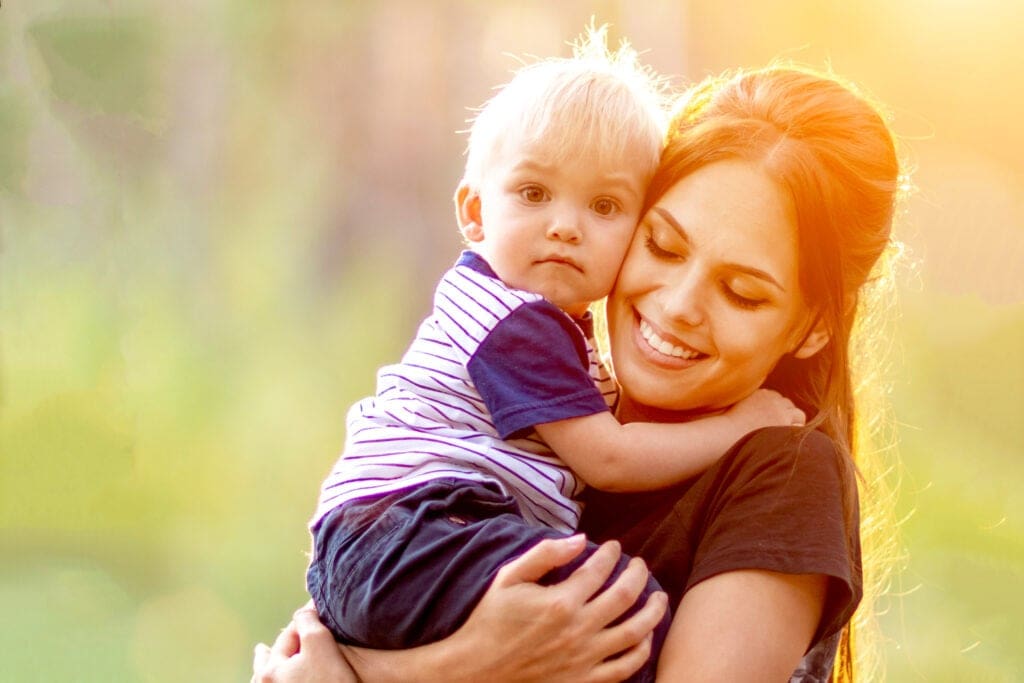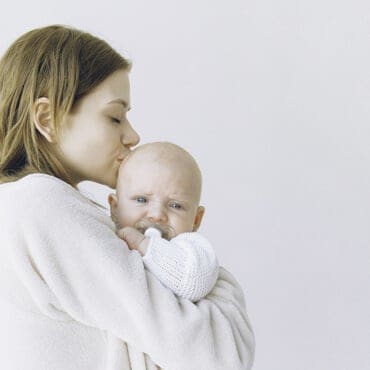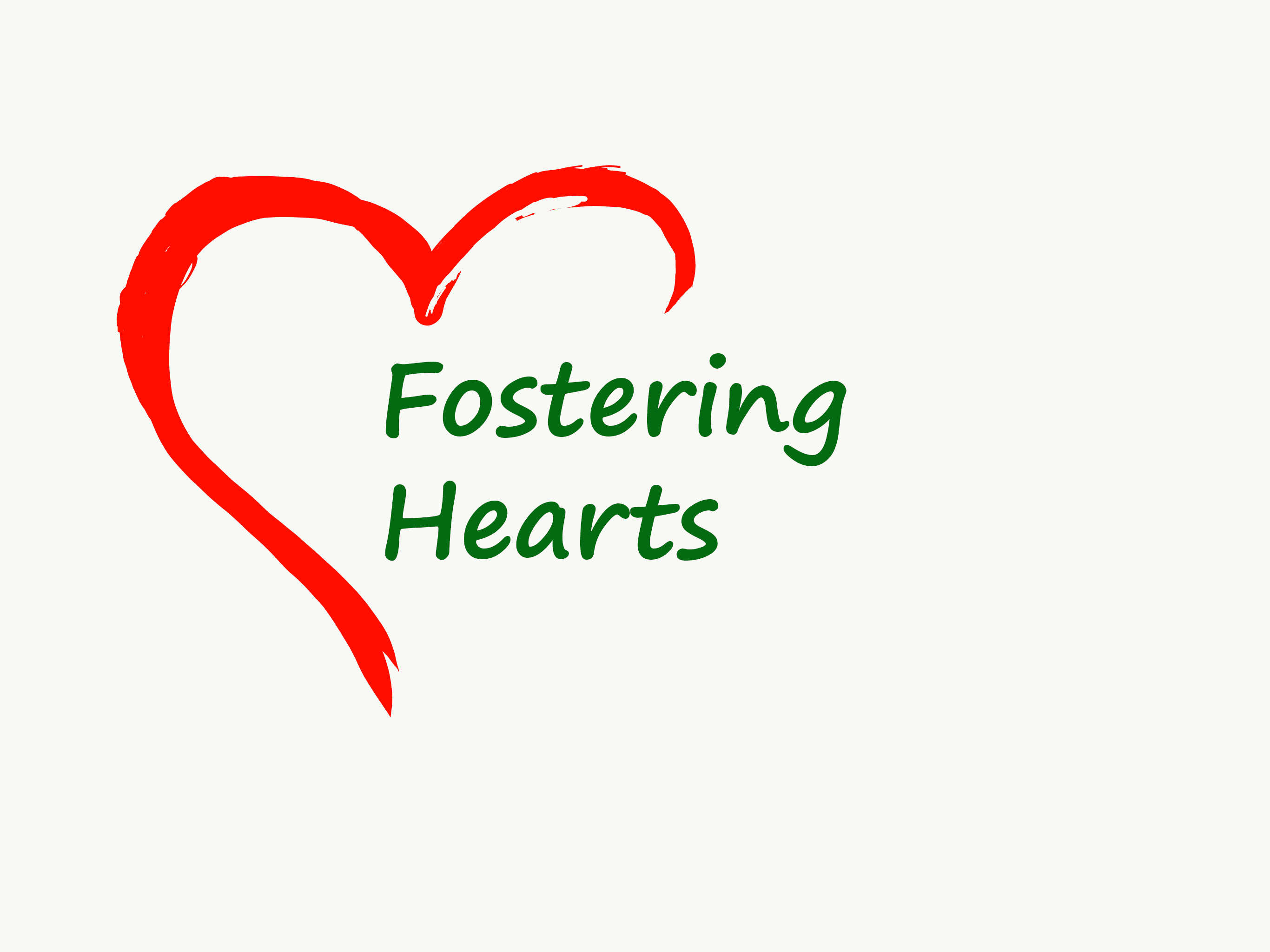About fostering
In England, there are thousands of children who need a safe and stable home due to a variety of reasons. Fostering provides children with a caring and nurturing environment while their families address their issues. As a foster carer, you play an essential role in a child’s life, and it is crucial to understand the different types of children who need fostering and what to expect when caring for them.
In this guide, we’ll explore the different types of children who need fostering in England and the behaviours each group might exhibit. We’ll also discuss the challenges and rewards foster carers can expect for each group.
Newborns and Infants
Newborns and infants are some of the most vulnerable children who need fostering. They may have been removed from their parents due to neglect or abuse, or their parents may be unable to care for them due to mental health issues or addiction. As a foster carer for newborns and infants, you will need to be patient, nurturing, and have experience in caring for young children.
Behaviour: Newborns and infants may have difficulty sleeping, feeding, and adjusting to a new environment.
Challenges: Foster carers for newborns and infants need to provide 24/7 care, be able to handle medical emergencies, and develop a strong attachment quickly.
Rewards: Foster carers for newborns and infants get to experience the joy of watching a child grow and develop, and provide a safe and loving environment for a vulnerable child.


Toddlers and Pre-Schoolers
Toddlers and pre-schoolers are full of energy, curiosity, and imagination. They may have experienced trauma, neglect or abuse, or their parents may be unable to care for them due to mental health issues or addiction. As a foster carer for toddlers and pre-schoolers, you will need to be creative, adaptable, and have a good sense of humour.
Behaviour: Toddlers and pre-schoolers may have difficulty with transitions, separation anxiety, and may exhibit challenging behaviours such as tantrums and aggression.
Challenges: Foster carers for toddlers and pre-schoolers need to provide a safe and stimulating environment, be able to handle challenging behaviours, and help the child develop social skills.
Rewards: Foster carers for toddlers and pre-schoolers get to experience the joy of watching a child grow and develop, and provide a stable and nurturing home for a child who needs it the most.
Primary School-Aged Children
Primary school-aged children are at a critical stage of their education and social development. They may have experienced trauma, neglect or abuse, or their parents may be unable to care for them due to mental health issues or addiction. As a foster carer for primary school-aged children, you will need to be reliable, patient, and able to provide a safe and stable home environment.
Behaviour: Primary school-aged children may struggle with attachment and trust issues, have difficulty managing emotions, and may exhibit challenging behaviours such as aggression or withdrawal.
Challenges: Foster carers for primary school-aged children need to provide academic support, be able to handle challenging behaviours, and help the child develop healthy coping mechanisms.
Rewards: Foster carers for primary school-aged children get to provide stability and support during a crucial time in the child’s development, and help the child achieve academic and social success.


Teenagers
Teenagers can be challenging to care for, but they also need fostering more than ever. They may have experienced trauma, neglect or abuse, or their parents may be unable to care for them due to mental health issues or addiction. As a foster carer for teenagers, you will need to be respectful, non-judgmental, and willing to listen and learn from their experiences.
Behaviour: Teenagers may struggle with attachment and trust issues, have difficulty managing emotions, and may exhibit challenging behaviours such as substance abuse, self-harm, or running away.
Challenges: Foster carers for teenagers need to provide emotional support, be able to handle challenging behaviours, and help the teenager develop life skills for independence.
Rewards: Foster carers for teenagers get to make a significant impact on a young person’s life during a crucial time in their development, and help them reach their full potential.
Children with Disabilities
Children with disabilities require specialised care and attention, depending on the nature and severity of their condition. They may have physical, cognitive, or behavioural challenges that require extra support and resources. As a foster carer for children with disabilities, you will need to be compassionate, knowledgeable, and willing to work closely with healthcare professionals and other caregivers.
Behaviour: Children with disabilities may have difficulty with communication, mobility, or sensory processing, and may require specialized equipment or therapies.
Challenges: Foster carers for children with disabilities need to provide specialized care, be knowledgeable about their condition, and work closely with healthcare professionals and other caregivers.
Rewards: Foster carers for children with disabilities get to make a significant impact on a child’s life and provide them with the specialized care they need to thrive.


What is Parent and Child Fostering?
Parent and child fostering involves caring for both a parent and their child. The parent may be a young mother or father who needs support and guidance to develop their parenting skills, or they may be a parent who has had their child removed from their care and needs to prove that they can provide a safe and stable home environment for their child.
As a foster carer for parent and child fostering, you will need to provide a safe and stable home environment, as well as support and guidance to help the parent develop their parenting skills and bond with their child.
What to Expect as a Foster Carer for Parent and Child Fostering
As a foster carer for parent and child fostering, you will play a critical role in helping the parent and child bond and develop healthy relationships. You will need to be patient, empathetic, and able to provide a safe and nurturing environment for both the parent and child.
Behaviour: The parent may have difficulty bonding with their child, may struggle with parenting skills, or may have mental health or addiction issues.
Challenges: Foster carers for parent and child fostering need to provide 24/7 care and support, be able to handle challenging behaviours, and help the parent develop their parenting skills.
Rewards: Foster carers for parent and child fostering get to make a significant impact on a family’s life, help the parent develop their parenting skills and bond with their child, and provide a safe and nurturing environment for both the parent and child.
Fostering is a challenging but rewarding experience that can make a significant impact on a child’s life. By understanding the different types of children who need fostering and what to expect when caring for them, you can better prepare yourself for the journey ahead. At Fostering Hearts, we are dedicated to providing all the support and guidance you need to become a successful foster carer in England. If you are interested in fostering, contact us today to learn more.
